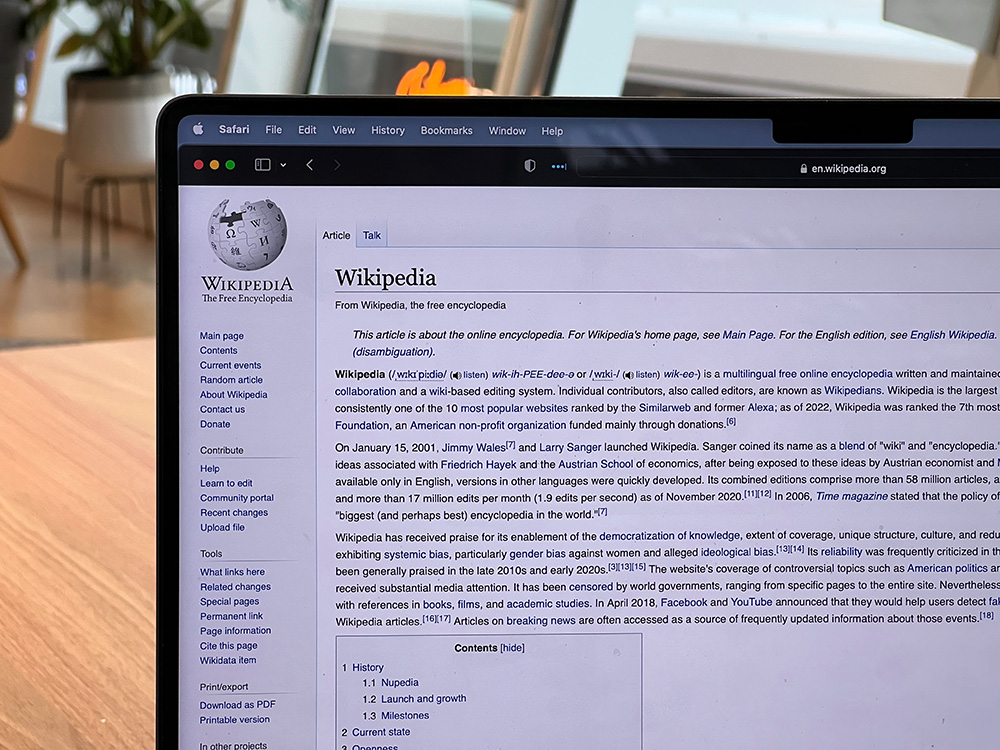Judges reopen row over Wikipedia influence on judgments

Judges have reopened a row with academic researchers over claims that Wikipedia influences their decision-making.
In a paper published last summer, researchers in the US and Ireland said the creation of a Wikipedia article on a Supreme Court case generates a 25 per cent increase in its citations in subsequent Irish court cases.
The paper also stated that there is a “textual similarity” between the Wikipedia articles and the judgments in which the cases are subsequently cited, suggesting that judges are not using Wikipedia as “merely a stepping-stone to other, more authoritative sources”.
Judges strongly rejected the researchers’ findings at the time, and now claim that they have been vindicated by the publication of new paper elaborating on the methodology used.
The new paper makes reference to the impact of Wikipedia articles on “legal professionals” rather than judges, and acknowledges the possibility that the impact of Wikipedia on judgments comes via lawyers’ submissions.
Mr Justice David Barniville, the president of the High Court, told The Irish Times: “It is perhaps a little unfortunate that so much publicity was given to the claims in the original paper, and perhaps equal attention should be given to the fact of the changed wording.”
Mr Justice Richard Humphreys, also of the High Court, said the new wording “could be seen as involving at least some degree of implicit acceptance of the central criticism of the original paper, which is that legal submissions, not judges’ alleged internet researches, primarily drive citations in judgments”.
However, Dr Brian Flanagan of Maynooth University, one of the co-authors of the paper, said the new paper still states that the research supports the proposition that “judges and their clerks [are] tempted to use Wikipedia”.
He added that the “experimental evidence that High Court judgments are being shaped by Wikipedia, both in citations and prose, remains strong and robust”.






